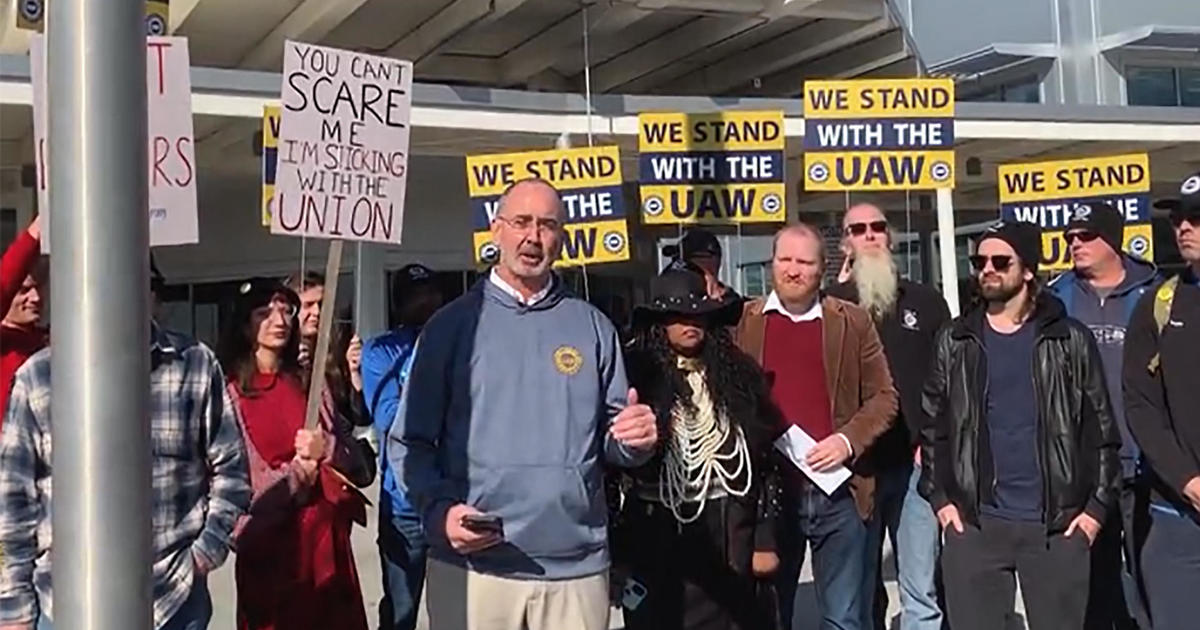More Americans are choosing to work part-time
Part-time work is on the rise as more workers choose to step back from the grind, according to new data from the Labor Department.
In December and January, 1.2 million more Americans said they were working part-time compared with previous months, the data shows.
More than 850,000 of those workers said they were working part-time by choice, versus out of necessity, or because their hours had been cut.
What's behind more Americans choosing to work fewer than 35 hours per week, the Labor Department's cutoff for a full-time job?
"A lot of our people are working part-time currently because they have personal family and child care obligations," Pennsylvania State University economics professor Lonnie Golden told CBS News.
Others keep a truncated work schedule because they're in school.
"There are many others now whose full-time work week might actually be lower than the threshold that the government uses of 35 hours," Golden added.
The pandemic changed the way professionals of all stripes get their jobs done in more ways than one. It ushered in remote work, and caused many workers jugging diverse responsibilities to rethink their priorities, including how many hours a week they dedicate to their jobs versus other life demands.
"I think people are reassessing. First, when we went through the pandemic, a historically high number of people experienced their hours being cut — so they were working part-time for reasons that were not voluntary," Golden said.
Now some American workers are cutting their hours by choice, provided that they can get by on a reduced income. The support of a partner's income or their own savings can help in this regard.
"Some people certainly do need the income. Others that have partner support, government support, savings support, are able to reevaluate that and say, 'Maybe I don't need to commit every day of the week to that and I can spend more time with children, I can spend more time in school, I can spend more time in leisure activities,'" Golden added.
Effect on the economy
Apart from earning less money, workers on the part-time track can experience other downsides, such as losing access to benefits.
"Some of the conditions of many of our part-time jobs in certain industries are not high-quality," Golden said. "They don't get as many benefits as the full timers, their pay is not comparable, so the economic impact could be reduced spending, reduced well-being of certain households."
Inflation remains high, too, with prices of consumer goods rising.
Four-day work weeks?
Still, the pandemic's upheaval and many workers' reevaluation of work-life balance has ushered in a rethinking of old norms.
"We also considering the configuration of the work week. What days, whether we're doing it remote, or in-person, based on the type of job we have," Golden said.
Eventually, a broad swath of workers could even find themselves working fewer hours a week — while earning their full salaries.
In a U.K.-based experiment, nearly every company that trialed a four-day work week said they want to keep it.




